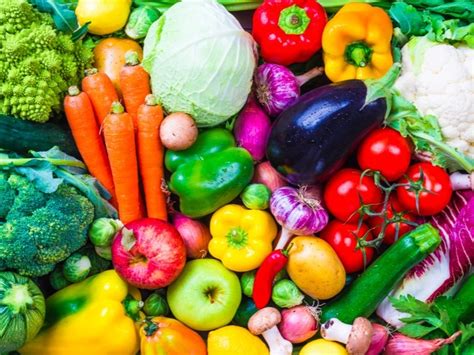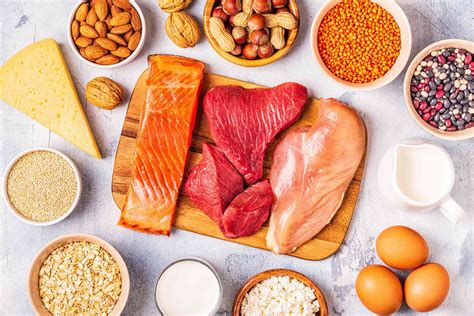What is the recommended daily protein intake for an active man over 50 aiming to maintain muscle mass?

As men age, particularly beyond 50, maintaining muscle mass becomes a critical component of overall health, vitality, and independence. This natural decline in muscle mass and strength, known as sarcopenia, can be significantly slowed or even reversed with appropriate lifestyle interventions, with protein intake playing a pivotal role.
Understanding Sarcopenia and Protein’s Role
Sarcopenia is a progressive and generalized skeletal muscle disorder that is associated with an increased likelihood of falls, functional decline, frailty, and mortality. While a natural part of aging, its progression can be accelerated by inactivity and inadequate nutrition, especially insufficient protein intake. Protein is the fundamental building block for muscle tissue, and its regular consumption is essential for muscle protein synthesis (MPS), which is the process of repairing and building new muscle fibers.

General Protein Recommendations vs. Needs for Active Older Adults
The Recommended Dietary Allowance (RDA) for protein is 0.8 grams per kilogram (g/kg) of body weight per day for adults. However, this is considered the minimum to prevent deficiency, not necessarily the optimal amount for maintaining muscle mass in older, active individuals. Research consistently shows that older adults, especially those who are physically active, require a higher protein intake to counteract anabolic resistance—a phenomenon where older muscles become less responsive to protein, requiring more to stimulate MPS.
Optimal Protein Intake for Active Men Over 50
For active men over 50 aiming to maintain or even build muscle mass, current scientific literature suggests a daily protein intake ranging from 1.2 to 1.6 grams per kilogram of body weight. Some studies and expert panels recommend an even higher intake, particularly for those engaged in intense strength training, possibly reaching up to 2.0 to 2.2 g/kg of body weight. For example, a man weighing 80 kg (approximately 176 lbs) would aim for 96 to 128 grams of protein daily, or up to 176 grams if highly active.
This higher intake helps to maximize muscle protein synthesis, offset muscle breakdown, and support recovery from physical activity. It’s important to distribute protein intake throughout the day, aiming for 25-40 grams per meal, rather than consuming the majority in one sitting, to optimize MPS.

Excellent Protein Sources
Incorporating a variety of high-quality protein sources into your diet is key:
- Animal-based: Lean meats (chicken breast, turkey, lean beef), fish (salmon, tuna, cod), eggs, dairy products (Greek yogurt, cottage cheese, milk, whey protein). These sources provide all essential amino acids.
- Plant-based: Legumes (beans, lentils), tofu, tempeh, edamame, quinoa, nuts, seeds, and plant-based protein powders (pea, soy, rice). Combining different plant proteins throughout the day ensures a complete amino acid profile.

Beyond Protein: The Importance of Strength Training
While adequate protein intake is crucial, it’s only half the equation. Resistance or strength training is essential for stimulating muscle protein synthesis and providing the stimulus for muscles to grow and adapt. Without consistent strength training, even a high protein intake will not optimally maintain or build muscle mass. Aim for at least two to three strength training sessions per week, targeting all major muscle groups.

Considerations and Individualization
It’s important to consult with a healthcare professional or a registered dietitian, especially if you have underlying health conditions such as kidney disease, as high protein intake may not be suitable for everyone. Individual needs can vary based on activity level, overall health, and specific goals. Paying attention to hydration and ensuring a balanced diet rich in fruits, vegetables, and healthy fats is also vital for supporting muscle health and overall well-being.

Conclusion
For active men over 50 aiming to maintain muscle mass and combat sarcopenia, a daily protein intake significantly higher than the standard RDA is recommended, typically between 1.2 to 1.6 g/kg of body weight, and potentially higher for those with intense training regimens. Distributing protein throughout the day from diverse, high-quality sources, combined with consistent strength training, forms the cornerstone of a successful strategy for preserving muscle and promoting healthy aging.








